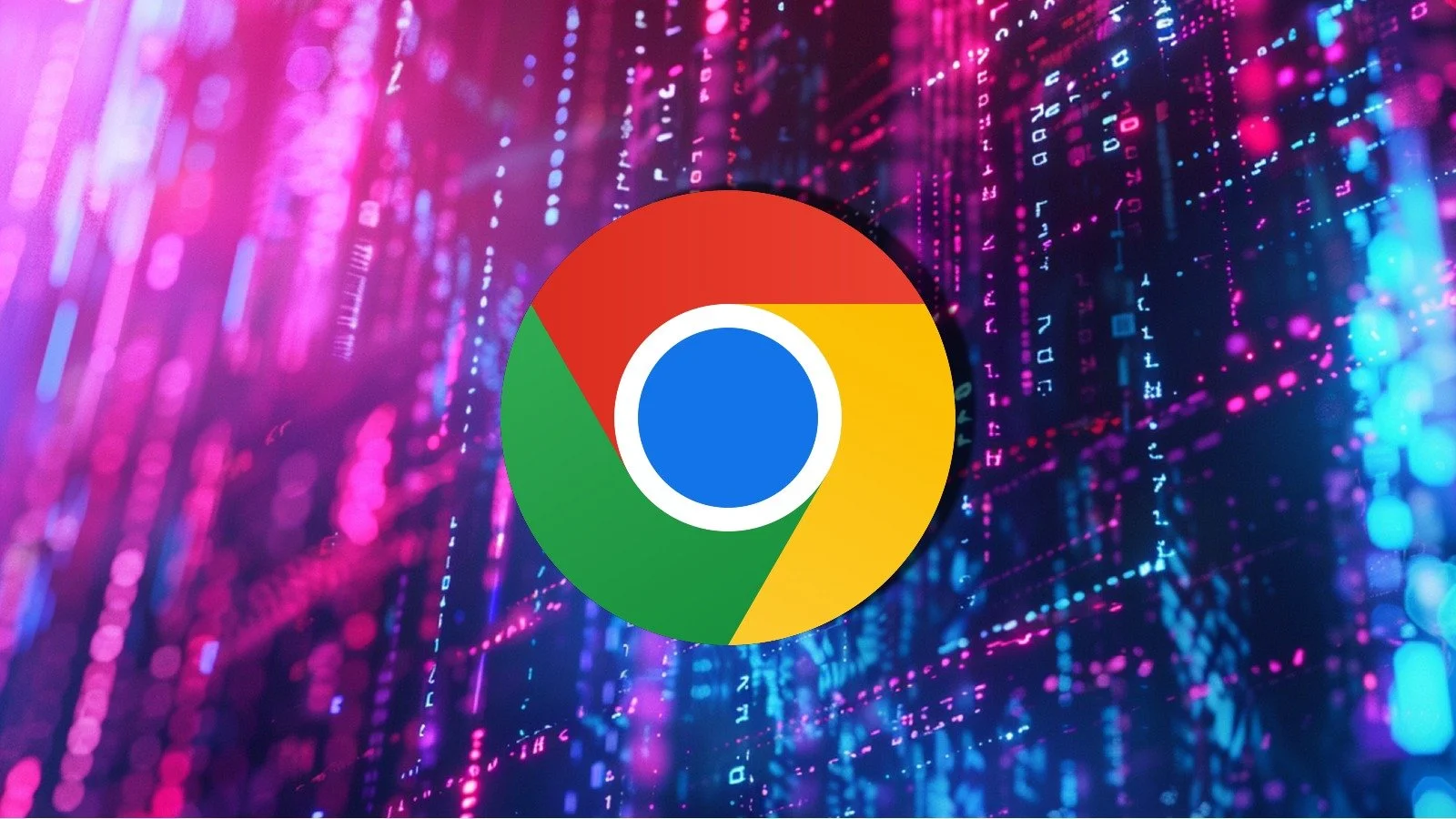Google Chrome change that weakens ad blockers begins June 3rd
Google Chrome change that weakens ad blockers begins June 3rd

www.bleepingcomputer.com
Google Chrome change that weakens ad blockers begins June 3rd

Google Chrome change that weakens ad blockers begins June 3rd

Google Chrome change that weakens ad blockers begins June 3rd
